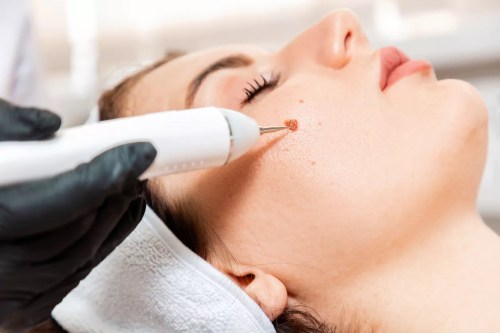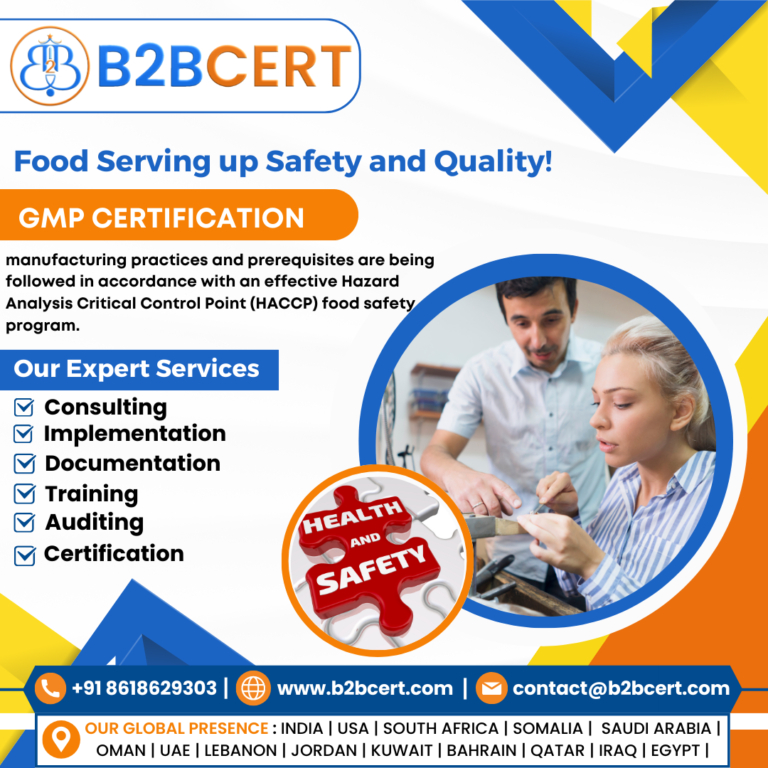Impacted teeth are a common dental issue that can affect both teens and adults. These are teeth that fail to fully emerge from the gum line or grow at an abnormal angle, often causing pain, swelling, or misalignment. While a general dentist can diagnose impacted teeth during routine exams, many patients wonder if they really need to visit an oral surgeon in Hialeah for treatment. Understanding the scope of oral surgery, the benefits of specialist care, and the alternatives available is crucial to making the right decision for your oral health.
What Are Impacted Teeth?
An impacted tooth occurs when a tooth is blocked from fully erupting into its proper position in the mouth. Wisdom teeth are the most commonly impacted, but canines and premolars may also be affected. Symptoms may include:
- Pain or tenderness in the gums and jaw
- Swelling or redness around the affected area
- Difficulty opening your mouth fully
- Bad breath or unpleasant taste due to trapped food
- Crowding or shifting of adjacent teeth
In many cases, impacted teeth may not show obvious symptoms, which is why regular dental checkups with a dentist in Hialeah are essential. Early detection can prevent complications such as infection, cysts, or damage to neighboring teeth.
When to See an Oral Surgeon
While a general dentist can identify impacted teeth and provide basic advice, an oral surgeon in Hialeah specializes in complex extractions and surgical procedures. You should consider seeing an oral surgeon if:
- The impacted tooth is fully or partially trapped beneath the gum line.
- The tooth is causing persistent pain, swelling, or infection.
- There is a risk of damage to surrounding teeth or bone.
- You require sedation for a more comfortable procedure.
- Previous attempts at extraction or management have failed.
Oral surgeons have advanced training in surgical techniques, anesthesia, and postoperative care, which can significantly reduce the risks associated with removing impacted teeth. They also manage complications more effectively, such as nerve proximity, sinus involvement, or unusual tooth positioning.
The Benefits of Specialist Care
- Precision and Safety: Oral surgeons have the skills to navigate complex extractions, minimizing the risk of nerve damage or excessive bleeding.
- Sedation Options: For anxious patients, oral surgeons offer sedation dentistry options that ensure a stress-free procedure.
- Postoperative Recovery: Specialists provide detailed aftercare instructions to reduce the risk of infection and accelerate healing.
- Comprehensive Care: Oral surgeons collaborate with your general dentist to ensure long-term dental health, particularly if orthodontic adjustments are needed after removal.
Alternatives to Oral Surgery
In some cases, impacted teeth may not require extraction. Your dentist might recommend monitoring the tooth, especially if it’s asymptomatic and not affecting adjacent teeth. Other treatments could include:
- Pain management with medications
- Antibiotics for infection control
- Periodic X-rays to track tooth movement
However, delaying surgical intervention can sometimes lead to complications that make later removal more complex. Therefore, consultation with an oral surgeon in Hialeah is often the safest and most efficient approach.
Preparing for Impacted Tooth Removal
If your dentist or oral surgeon recommends extraction, preparation is key:
- Schedule a consultation to discuss anesthesia options.
- Arrange for transportation if sedation is used.
- Follow preoperative instructions, including fasting or medication adjustments.
- Plan for a few days of recovery at home with soft foods and limited physical activity.
Aftercare Tips
Post-surgical care is critical for healing and minimizing discomfort:
- Apply ice packs to reduce swelling.
- Take prescribed pain medication as directed.
- Maintain oral hygiene with gentle rinsing.
- Avoid smoking or drinking through a straw, which can dislodge blood clots.
- Attend follow-up appointments with your skilled dentist in Hialeah to monitor your healing progress.
Conclusion
While a general dentist may manage minor cases of impacted teeth, most situations, especially those involving pain, infection, or complex positioning, benefit from the skills of an oral surgeon. Specialist care ensures a safer and more comfortable extraction, reducing the risk of complications. Partnering with a trusted dentist for diagnosis and an oral surgeon for treatment provides a comprehensive approach that protects your oral health and overall well-being.




